Whether you’re buying a home, preparing to sell your property, or just keeping up with regular home maintenance, Best Home Inspections delivers reliable and high-quality service from your very first call. Our certified home inspectors are dedicated to providing a thorough and educational experience.
We follow the Standards of Practice set by Best Inspection Association, a trusted leader in the home inspection industry. During your home inspection, we assess all major systems and components and identify issues that may require immediate attention.
After the walkthrough, we’ll review the home’s overall condition with you and your real estate agent, discussing any significant findings in plain language. You’ll receive a detailed, easy-to-understand home inspection report, delivered in both HTML and PDF formats. This comes complete with photos and descriptions of everything we covered. Not only does this report give you a clear, visual summary of the home, but it also empowers you to make informed and confident decisions.
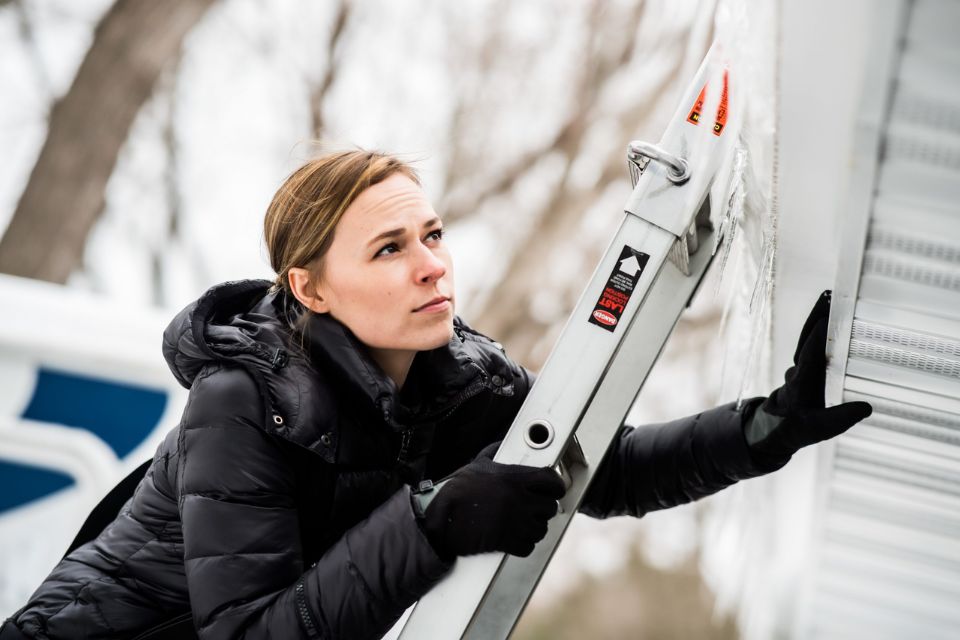
A home inspection includes checking for any structural issues such as foundation cracks, roof leaks, plumbing issues, electrical wiring, heating/cooling systems, insulation, windows, doors, chimneys, etc. Depending on how big the property is, a home inspection typically takes 2-3 hours.
Ensure all inspection points are free from clutter, including any closets that might lead to a crawlspace or attic, and clearing some space around your home’s perimeter. It’s also important to check the functionality of all built-in appliances, electric, and gas. If you don’t plan to attend the inspection, make sure your inspector has access to the home, and all pets are properly contained or moved.
A home doesn’t pass or fail an inspection. Instead, a home inspection is a thorough audit of your home’s components. In most cases, there will be concerns marked on your home inspection report, but these are strictly informative.
While you can legally skip a home inspection in many cases, doing so could mean you may end up buying a home that has major issues that need to be fixed.
While a home inspector may recommend some minor repairs, they are not qualified to make major repairs. He or she can provide information about what needs to be repaired — and it might be helpful to know that information — but the decision to actually do the work lies solely with the homeowner. Not only does this give you the freedom to choose your contractors, but it also helps prevent a conflict of interest.
A home inspection can affect appraisals for two reasons: 1) The inspector may find something wrong with the property that would lower the value of the home, 2) The inspector may find things that need repair which could increase the value of the home. If the inspection finds issues that require repairs, then the seller has to decide whether they want to fix them themselves, or hire someone else to do it. If the buyer wants to purchase the home, he/she must be willing to pay for those repairs.
Buyers can use the inspection report to negotiate a better price or ask for repairs, while sellers can choose to address issues before listing to justify their asking price.
A home inspection evaluates critical safety concerns such as electrical hazards, carbon monoxide risks, mold, and structural integrity.
We can point out components near the end of their lifespan (such as HVAC systems or water heaters) so you can budget accordingly.
Sellers who conduct pre-listing inspections can show transparency and build buyer trust, potentially leading to quicker offers and smoother negotiations.
Knowing the condition of the home helps you feel confident in your purchase or sale and reduces surprises after the transaction.
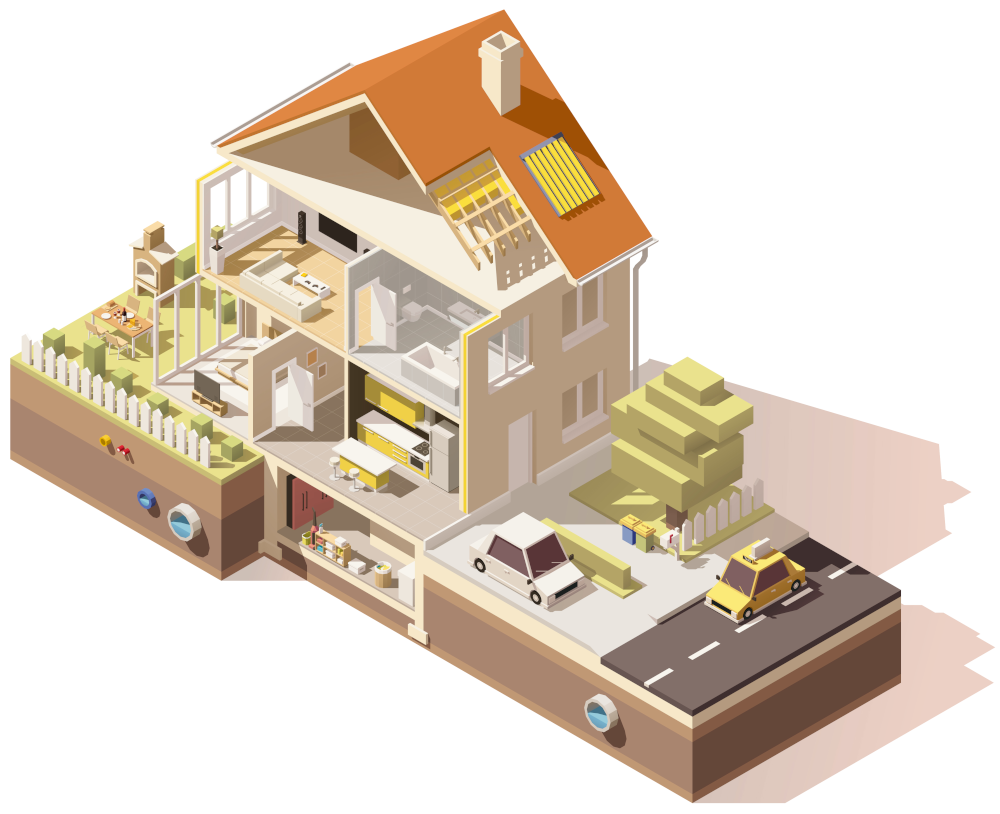

Roof coverings, gutters, downspouts, vents, flashing, skylights, chimney, roof penetrations and the general structure of the roof.
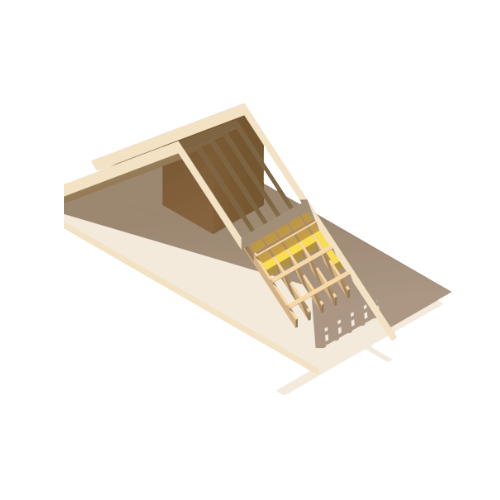
Insulation and ventilation of unfinished spaces, including attics, crawl spaces, foundation areas and exhaust systems.
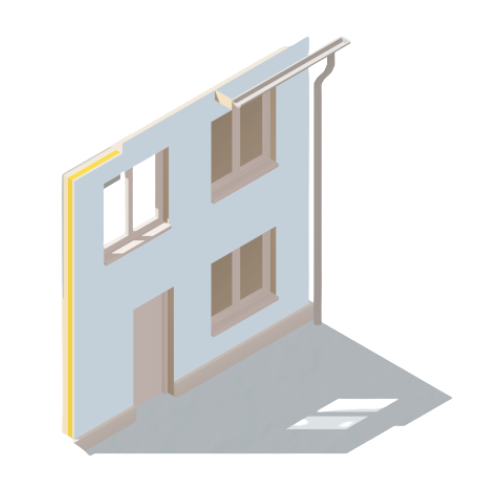
Siding, windows, exterior doors, flashing & trim, walkways, driveways, stairs, patios & decks, and drainage.
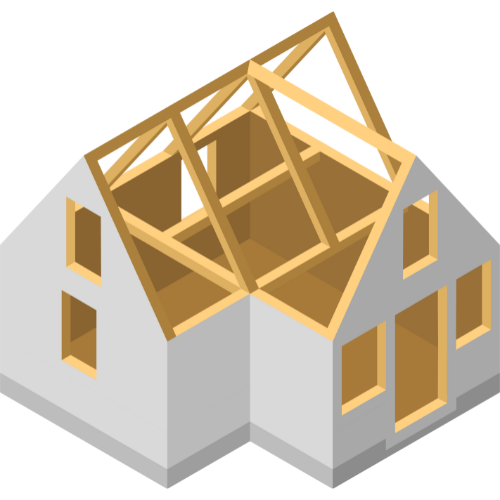
Foundation movement, cracks, structural concerns, and indication of water penetration.
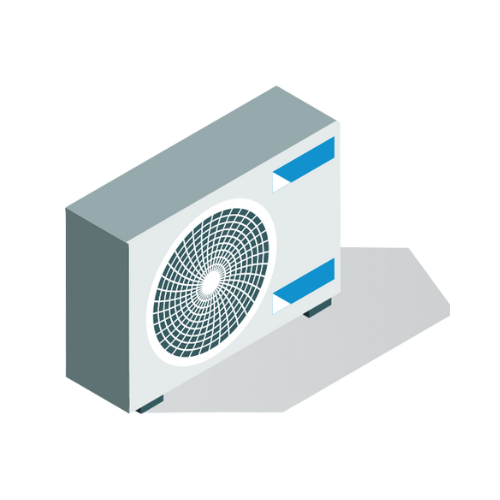
Cooling system, location of thermostat, energy source and cooling method.
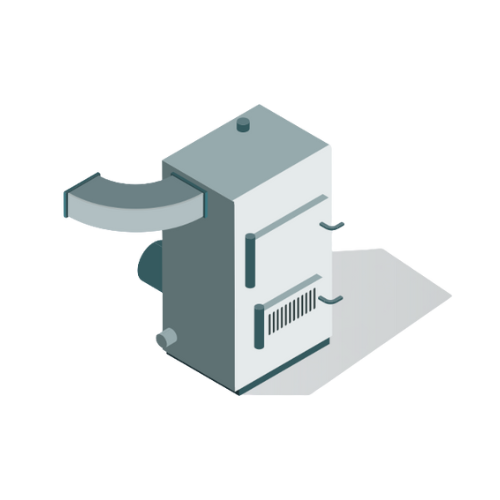
Heating system, location of thermostat, energy source and heating method.
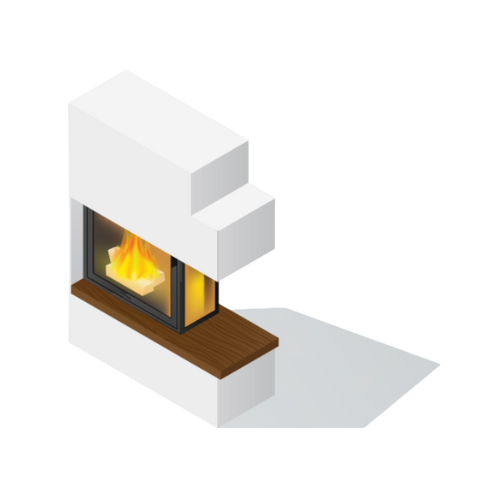
Visible portions of the fireplace & chimneys, lintels, damper doors, and cleanout doors & frames.
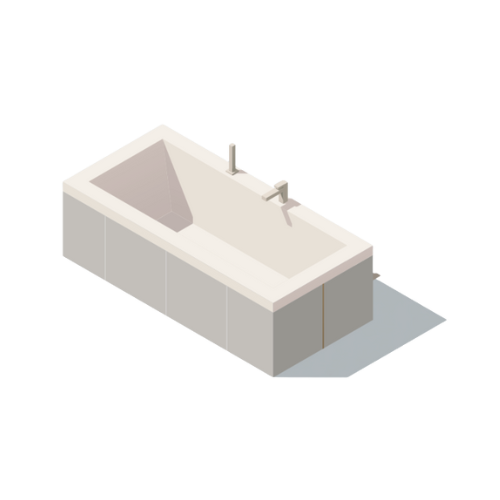
Main water & fuel supply shut-off valves, water heater, interior water supply, toilets, sinks, tubs, showers, drain, waste and vent systems.
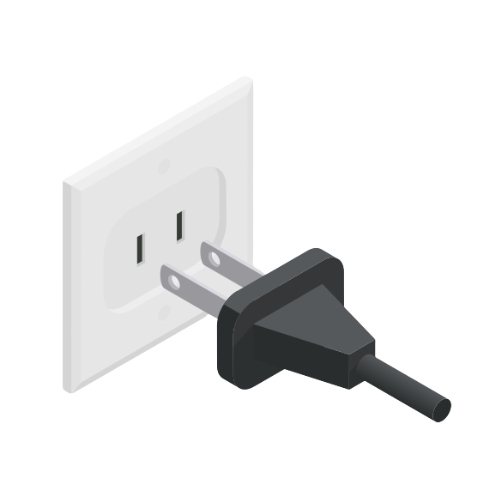
Service drop, overhead service conductors, service head & mast, main service disconnect, panelboards, grounding, switches, light fixtures, receptacles deemed to be AFCI & GFCI, and the presence of smoke alarms & carbon monoxide detectors.
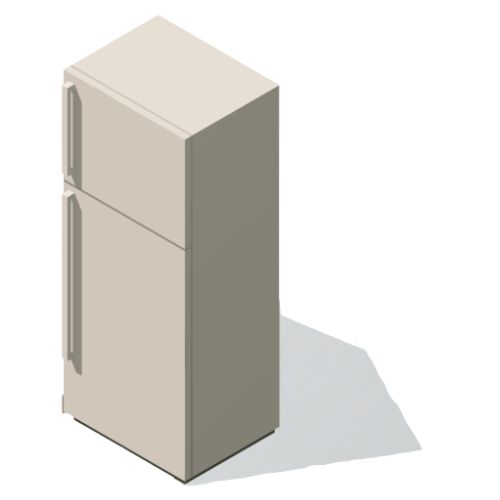
Dishwasher, disposal, range, oven, microwave, refrigerator, exhaust, bathroom heater, garage door, doorbell, and dryer vent

Circulation, heating, filtering, electrical, water chemistry, and possible safety issues.

Representative number of doors & windows, floors, walls, ceilings, stairs, railings, garage door and openers.

We are proud to offer top-quality home inspection services to real estate agents.
Learn what aspects of your home our thorough inspectors cover.
Learn more about what you can expect from our easy-to-read home inspection reports.
At Best Home Inspections, our job isn’t complete until you feel comfortable and all of your questions and concerns are answered.
See our Privacy Policy for details on how we handle your information.
